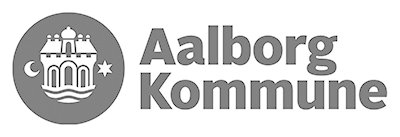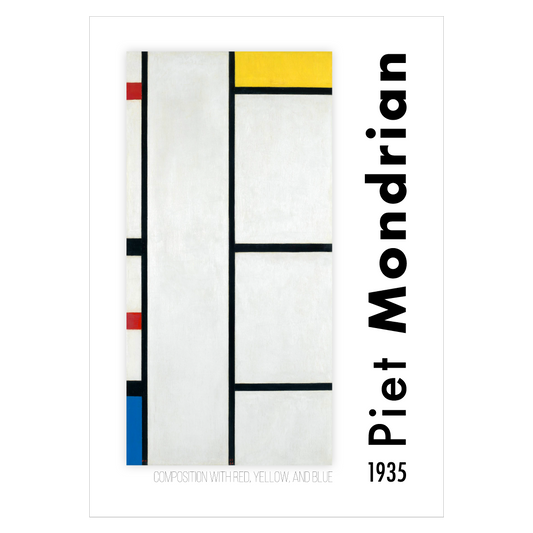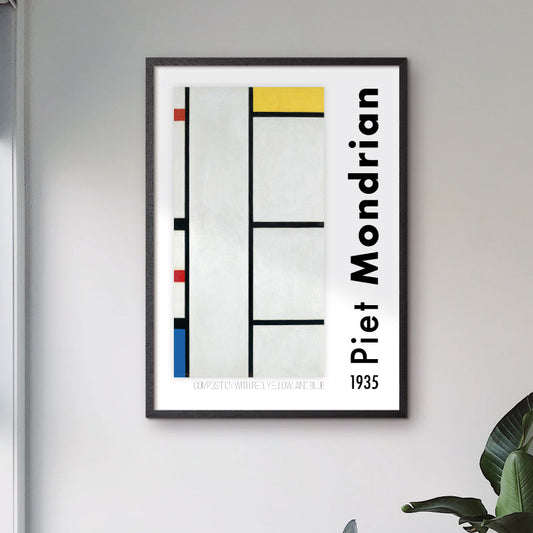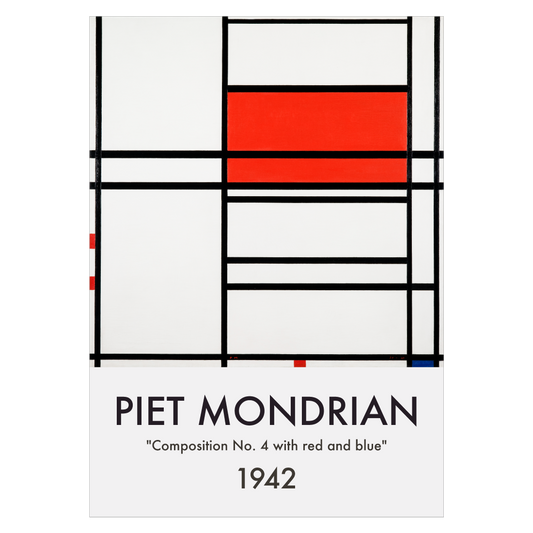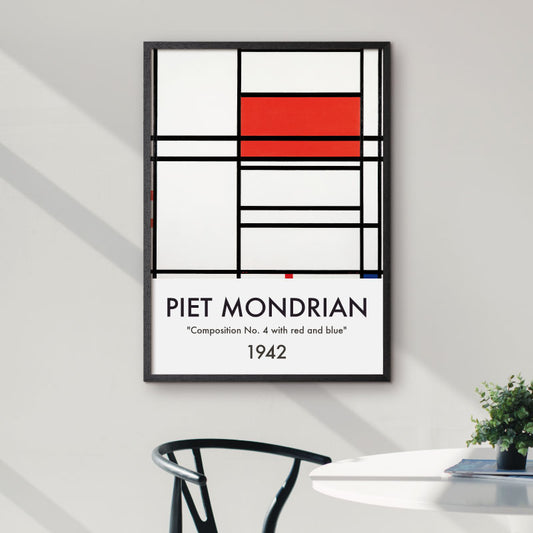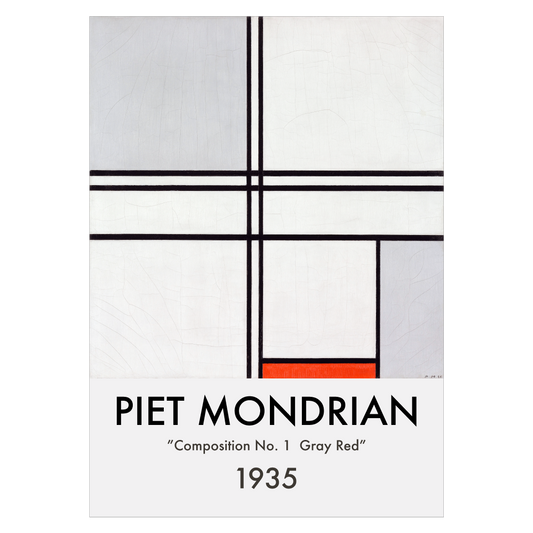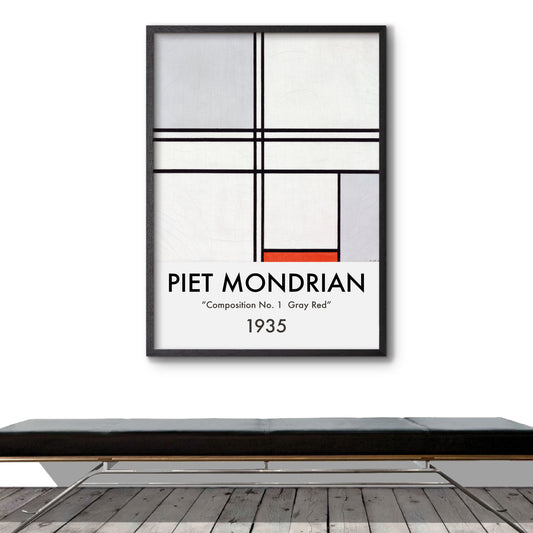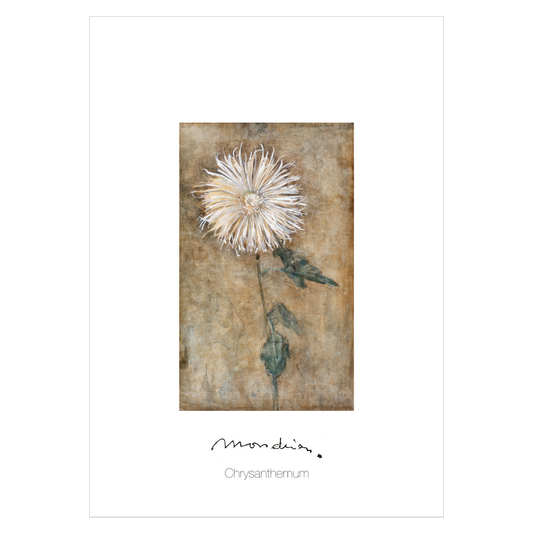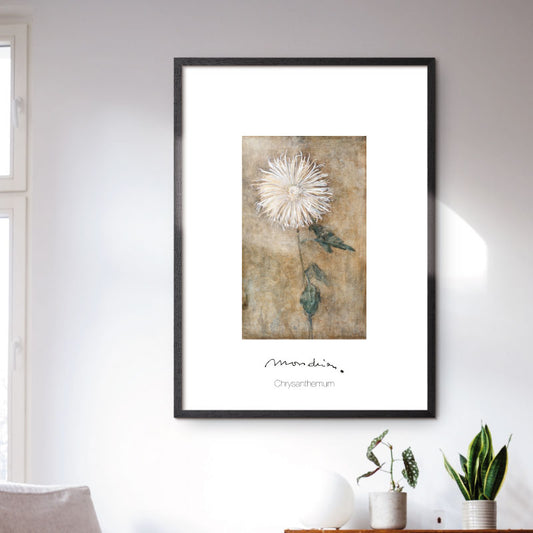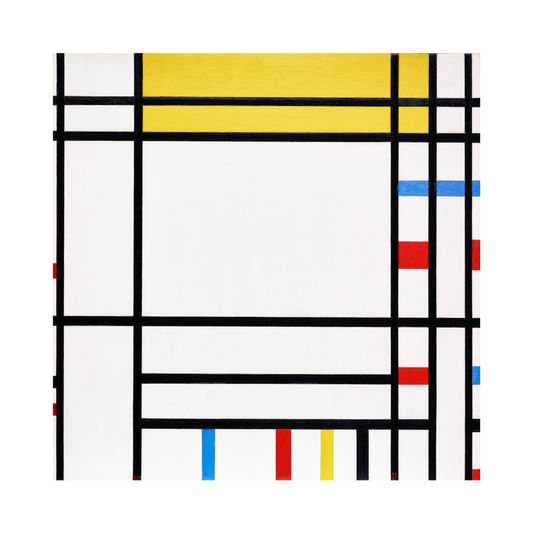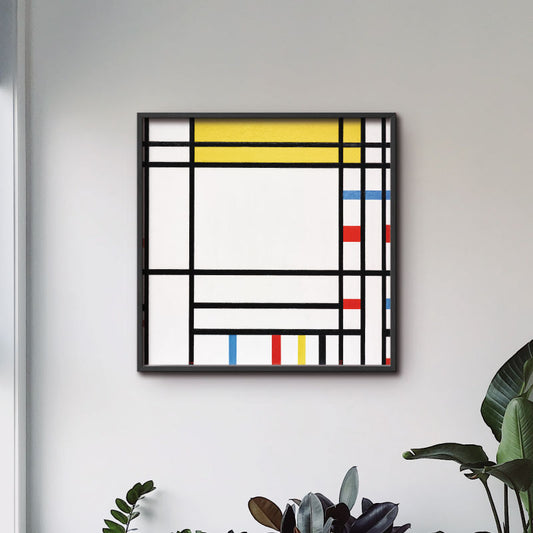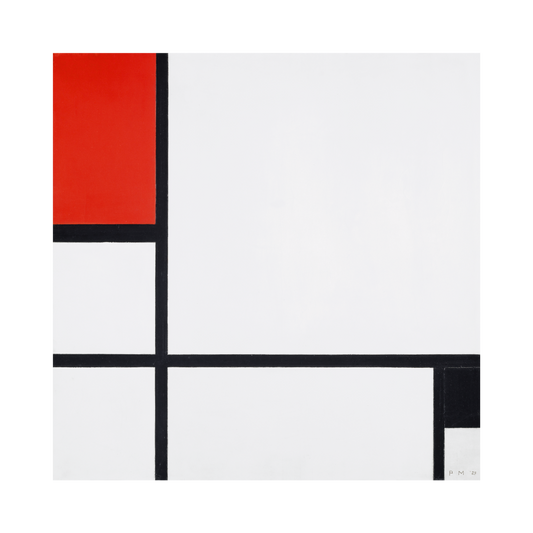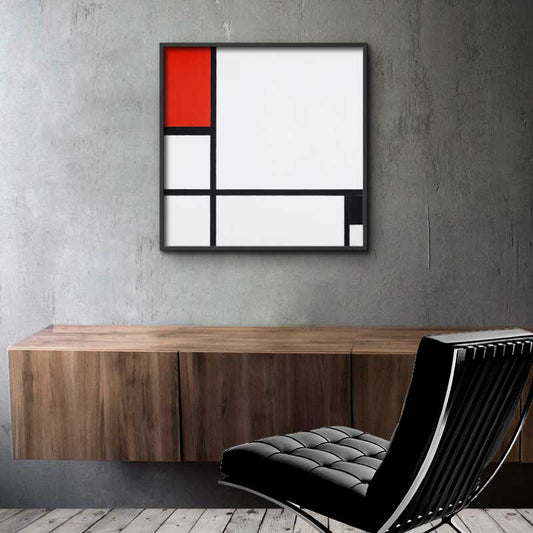-
Mondrian "Composition with Red Yellow and Blue"
Regular price From 114.00 krSale price From 114.00 kr Regular priceUnit price per114.00 kr -
Piet Mondrian "Composition No. 4 with Red and Blue"
Regular price From 114.00 krSale price From 114.00 kr Regular priceUnit price per114.00 kr -
Piet Mondrian "Composition No. 1 Gray-Red"
Regular price From 114.00 krSale price From 114.00 kr Regular priceUnit price per114.00 kr -
Mondrian "Chrysanthemum"
Regular price From 114.00 krSale price From 114.00 kr Regular priceUnit price per114.00 kr -
Mondrian "Place de la Concorde"
Regular price From 431.00 krSale price From 431.00 kr Regular priceUnit price per431.00 kr -
Mondrian "Composition No 1"
Regular price From 431.00 krSale price From 431.00 kr Regular priceUnit price per431.00 kr
Rigtig god kundeservice, svarer hurtigt 😊
-
-Charlotte

Super service. Flotte billeder og ramme. Hurtig levering. Handler gerne hos jer igen👍👍👍
-Dorthe

Plakatfar har de flotteste plakater og den bedste service.
-Marianne

Piet Mondrian
Originally born as Piet Mondriaan, with two 'a's in the last name, but he changed it later in his life. You can read more about why in the text below.
We also have posters and pictures from many other great artists, which we have gathered in the gallery Kunstplakater.
A brief overview of Piet Mondrian's history
Pieter Cornelis Mondrian was a Dutch painter and theorist, considered one of the greatest artists of the 20th century. He is known for being one of the pioneers of 20th-century abstract art, as he shifted his artistic direction from figurative painting to an increasingly abstract style until he reached a point where his artistic vocabulary was reduced to simple geometric elements.
Mondrian's art was highly utopian and focused on a quest for universal values and aesthetics. He proclaimed in 1914: "Art is higher than reality and has no direct relation to reality. To approach the spiritual in art, one will as little as possible make use of reality, because reality is opposed to the spiritual. We are in the presence of an abstract art. Art should be above reality, otherwise, it would have no value for man." However, his art always remained rooted in nature.
Why Mondrian ended up in his famous figurative style
He was a contributor to the De Stijl art movement and group, which he co-founded with Theo van Doesburg. He developed a non-representational form, which he called neoplasticism. This was the new 'pure plastic art' that he believed was necessary to create 'universal beauty.' To express this, Mondrian eventually decided to limit his formal vocabulary to the three primary colors (red, blue, and yellow), the three primary values (black, white, and gray), and the two primary directions (horizontal and vertical). Mondrian's arrival in Paris from Holland in 1911 marked the beginning of a period of profound change. Encountering experiments in cubism and with the intention of integrating into the Parisian avant-garde, he removed an 'a' from the Dutch spelling of his name (Mondrian).
Mondrian's work had a tremendous impact on 20th-century art and influenced not only the course of abstract painting and various major styles and art movements (e.g., Color Field painting, abstract expressionism, and minimalism) but also areas outside the domain of painting, such as design, architecture, and fashion. Design historian Stephen Bayley said: 'Mondrian has come to mean modernism. His name and his work sum up the high modernist ideal. I don't like the word 'iconic,' so let's say he has become totemic—a totem for everything modernism set out to be.'
★★★★★
“Smukke billeder og ikke mindst uovertruffen kundeservice! Jeg er meget tilfreds.”
- Iben
★★★★★
“Hurtig levering og forsvarligt pakket ind. Vi er meget glade for vores billede. 😊”
- Janni
★★★★★
“ Ja. Så mange flotte ting, jeg kunne ønske mig så mange, men har ikke vægplads 🤗🤗”
- Gunhild
Blandt vores kunder finder du



